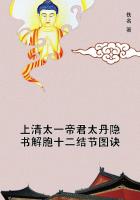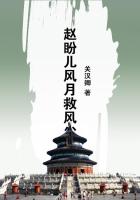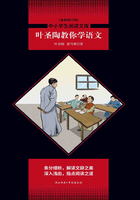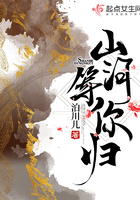"I will tell you. It is right to tell the whole world such an infamy. If I had little children I would take them on my knee and teach them the story. I heard it from the lips of one wet-shod with their blood, dripping crimson from the battle--my own cousin, Xavier. He was with General Castrillon's division. They began their attack at four in the morning, and after two hours' desperate fighting succeeded in reaching a courtyard of the Alamo.
"They found the windows and doors barricaded with bags of earth. Behind these the Americans fought hand to hand with despairing valor. Ramires, Siesma and Batres led the columns, and Santa Anna gave the signal of battle from a battery near the bridge. When the second charge was driven back, he became furious. He put himself in front of the men, and with shouts and oaths led them to the third charge. Xavier said that he inspired them with his own frenzy. They reached the foot of the wall, and the ladders were placed in position. The officers fell to the rear and forced the men to ascend them.
As they reached the top they were stabbed, and the ladders overturned. Over and over, and over again these attempts were made, until the garrison in the Alamo were exhausted with the struggle."
Navarro paused a few minutes, overpowered by his emotions. No one spoke. He could see Antonia's face, white as a spirit's, in the dim light, and he knew that Isabel was weeping and that the Senora had taken his hand.
"At last, at the hour of ten, the outer wall was gained.
Then, room by room was taken with slaughter incredible. There were fourteen Americans in the hospital. They fired their rifles and pistols from their pallets with such deadly aim that Milagros turned a cannon shotted with grape and canister upon them. They were blown to pieces, but at the entrance of the door they left forty dead Mexicans."
"Ah Senor, Senor! tell me no more. My heart can not endure it."
"Mi madre," answered Isabel, "we must hear it all. Without it, one cannot learn to hate Santa Anna sufficiently"; and her small, white teeth snapped savagely, as she touched the hand of Lopez with an imperative "Proceed."
"Colonel Bowie was helpless in bed. Two Mexican officers fired at him, and one ran forward to stab him ere he died.
The dying man caught his murderer by the hair of his head, and plunged his knife into his heart. They went to judgment at the same moment."
"I am glad of it! Glad of it! The American would say to the Almighty: `Thou gavest me life, and thou gavest me *******; *******, that is the nobler gift of the two. This man robbed me of both.' And God is just. The Judge of the whole earth will do right."
"At noon, only six of the one hundred and eighty-three were left alive. They were surrounded by Castrillon and his soldiers. Xavier says his general was penetrated with admiration for these heroes. He spoke sympathizingly to Crockett, who stood in an angle of the fort, with his shattered rifle in his right hand, and his massive knife, dripping with blood, in his left. His face was gashed, his white hair crimson with blood; but a score of Mexicans, dead and dying, were around him. At his side was Travis, but so exhausted that he was scarcely alive.
"Castrillon could not kill these heroes. He asked their lives of Santa Anna, who stood with a scowling, savage face in this last citadel of his foes. For answer, he turned to the men around him, and said, with a malignant emphasis:
`Fire!' It was the last volley. Of the defenders of the Alamo, not one is left."
A solemn silence followed. For a few minutes it was painful in its intensity. Isabel broke it. She spoke in a whisper, but her voice was full of intense feeling. "I wish indeed the whole city had been burnt up. There was a fire this afternoon; I would be glad if it were burning yet."
"May God pardon us all, Senorita! That was a fire which does not go out. It will burn for ages. I will explain myself.
Santa Anna had the dead Americans put into ox-wagons and carried to an open field outside the city. There they were burnt to ashes. The glorious pile was still casting lurid flashes and shadows as I passed it."
"I will hear no more! I will hear no more!" cried the Senora.
"And I will go away from here. Ah, Senor, why do you not make haste? In a few hours we shall have daylight again. I am in a terror. Where is Ortiz?"
"The horses are not caught in a five minutes, Senora.
But listen, there is the roll of the wagon on the flagged court. All, then, is ready. Senora, show now that you are of a noble house, and in this hour of adversity be brave, as the Flores have always been."
She was pleased by the entreaty, and took his arm with a composure which, though assumed, was a sort of strength. She entered the wagon with her daughters, and uttered no word of complaint. Then Navarro locked the gate, and took his seat beside Ortiz. The prairie turf deadened the beat of their horses' hoofs; they went at a flying pace, and when the first pallid light of morning touched the east, they had left San Antonio far behind and were nearing the beautiful banks of the Cibolo.















